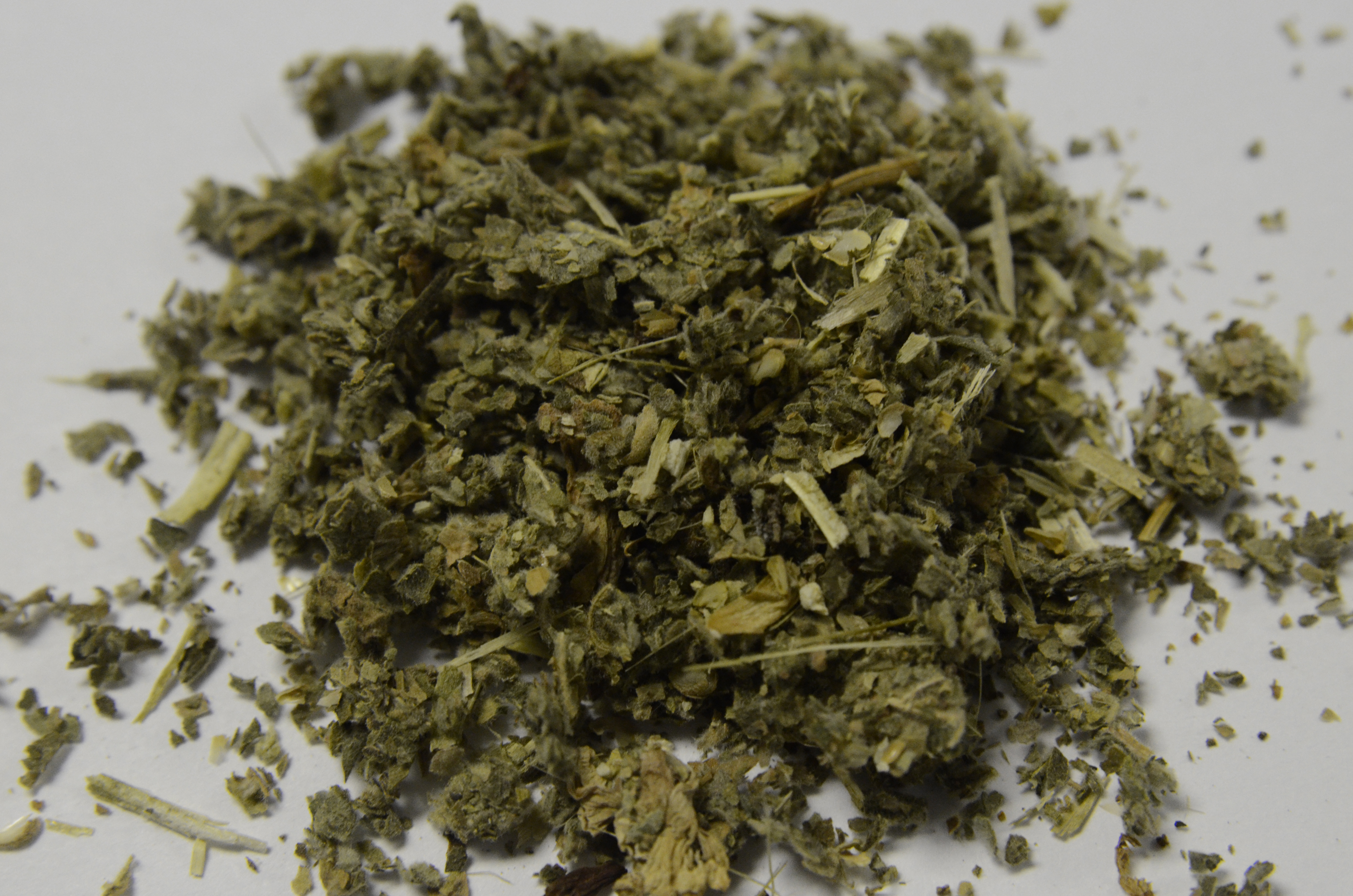CLEVELAND, Tenn. -- Fake pot can be deadly, but it is legally available.
That was one of the messages to organizations that offer second chances to teens with drug and alcohol problems and other family issues.
"It can end up causing death," Terry Gallaher, director of Bradley County Juvenile Court, said last week at the monthly meeting of the local Tennessee Targeted Community Crime Reduction Grant partners.
Synthetic marijuana is sold at some convenience stores under a variety of names including Spice and K-2 and even as plant food, said Jana Briscoe, group facilitator for the Juvenile Court's Relapse Prevention Therapy program. It often does not show up on drug screenings, she said.
"The kids are smart. They know that," she said.
To avoid laws against it, which often cite specific ingredients in synthetic marijuana, manufacturers frequently change what's in it, substituting a legal ingredient that creates the same effects.
Such alterations can create unknown dangers for anyone allergic to the new ingredients, Briscoe said.
Cleveland was one of six Tennessee midsized cities to receive an $800,000 grant from the state and U.S. Department of Justice to target crime. Over the grant's three-year period, nearly two dozen agencies take part in the program, providing therapy, counseling and treatment for a variety of addiction problems, family violence and repeat crimes.
"Building a hedge around our children and grandchildren is very important," said City Manager Janice Casteel, who is the local grant administrator.
In Tennessee, new legislation is aimed at strengthening possession laws and punishing stores that sell the substances.
Two bills are at the forefront. One singles out a compound present in current derivatives of synthetic stimulants called methcathinone. The second changes the language in the possession law from "possession with intent" to obtain an illegal high to simply prohibit "possession" of the substance.
In Georgia, Gov. Nathan Deal recently signed legislation that outlaws all forms of synthetic marijuana. Senate Bill 370 was named Chase's Law after 16-year-old Chase Corbitt Burnett, who was found dead in his Fayette County home after smoking the substance.
Positive programs for teens, including sports, are one way for the community to protect them, Briscoe said. Without the grant, she said, programs like hers would not be available to some families.
The grant provides an eight-week course designed to teach families how to make healthy choices, recognize the signs and dangers of illegal drug and alcohol use and what techniques can prevent the usage. The entire family is included in two of the eight sessions held on Wednesdays.
Since April 2011, 55 teens and families have been served by the program, which has a recidivism rate of less than 5 percent, officials said.

